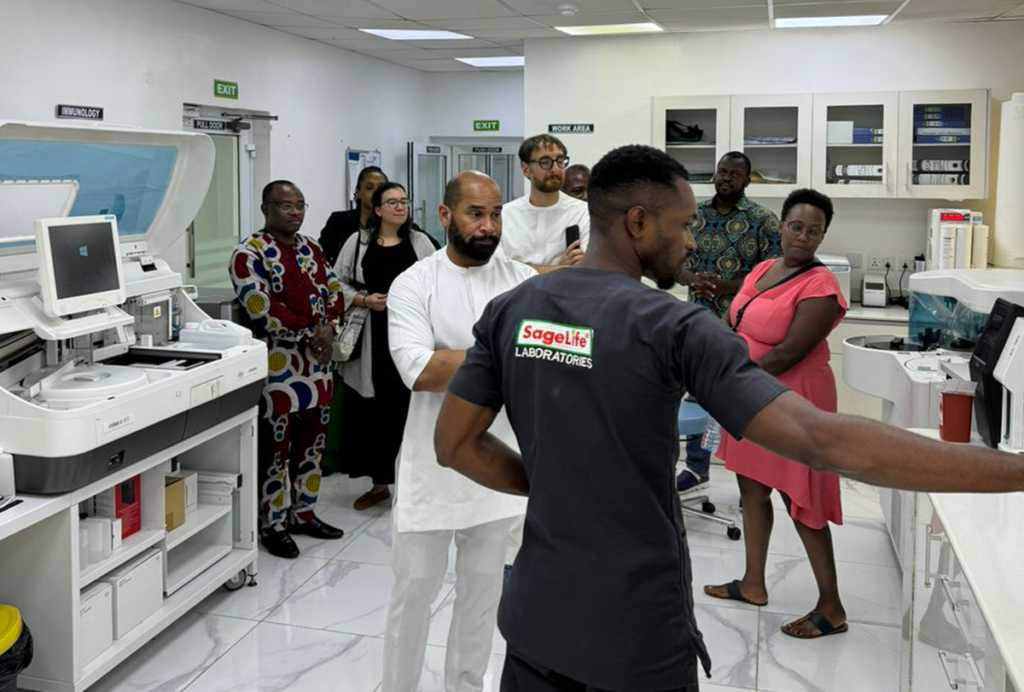Funding and policy
Recent articles
Stories about research grants, funding models and the business of science
Latest

NIH cuts quash $323 million for neuroscience research and training
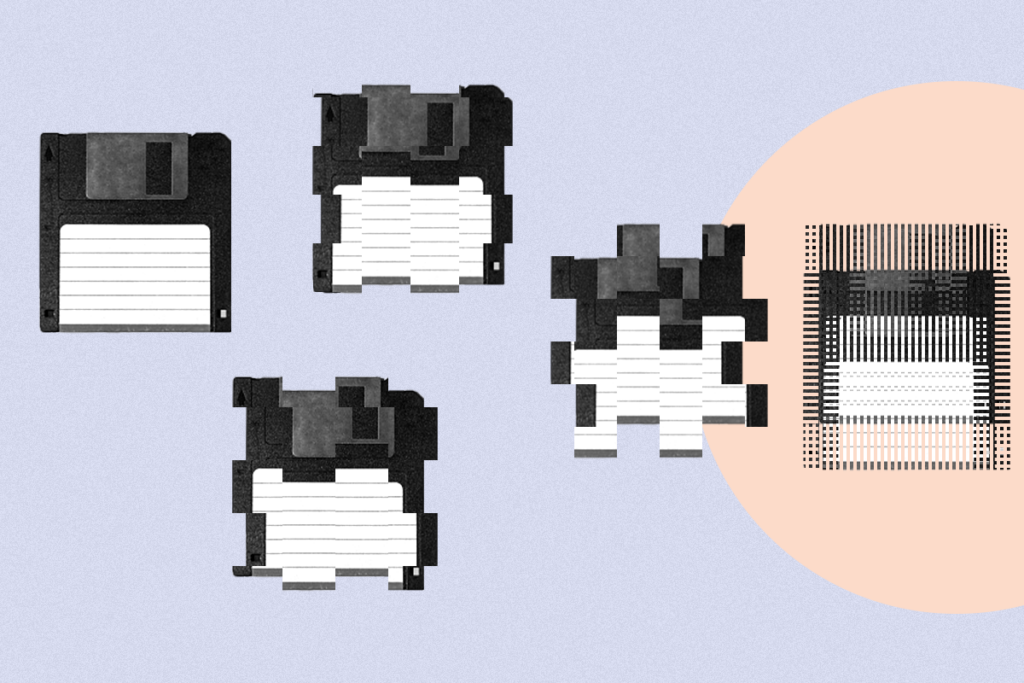
NIH autism database announcement raises concerns among researchers

FlyBase funding squashed amid Harvard grant terminations
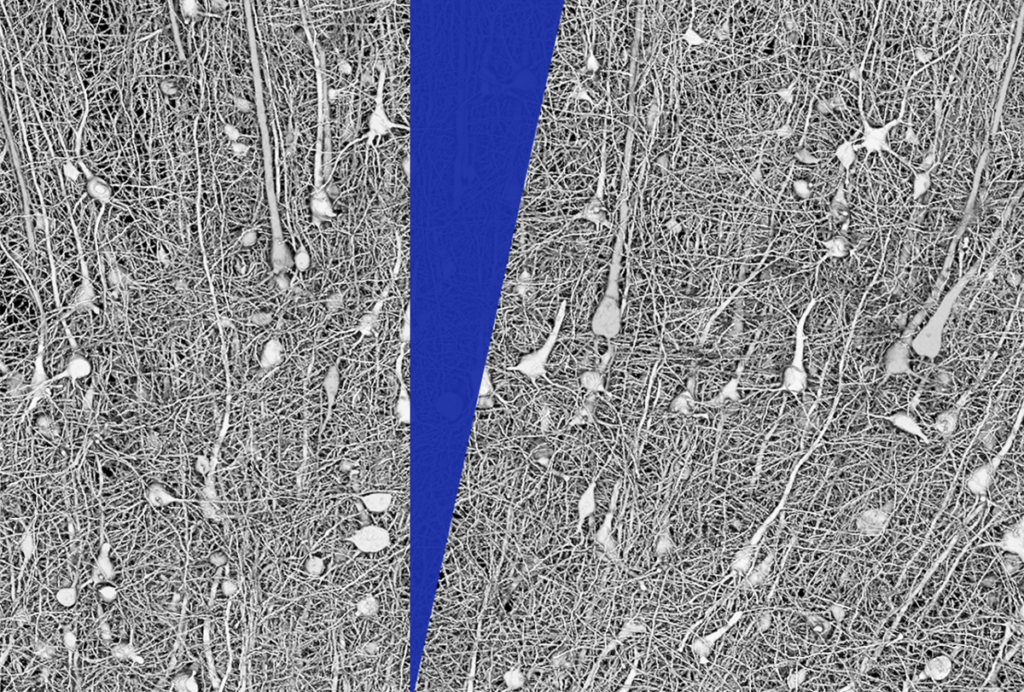
Multisite connectome teams lose federal funding as result of Harvard cuts
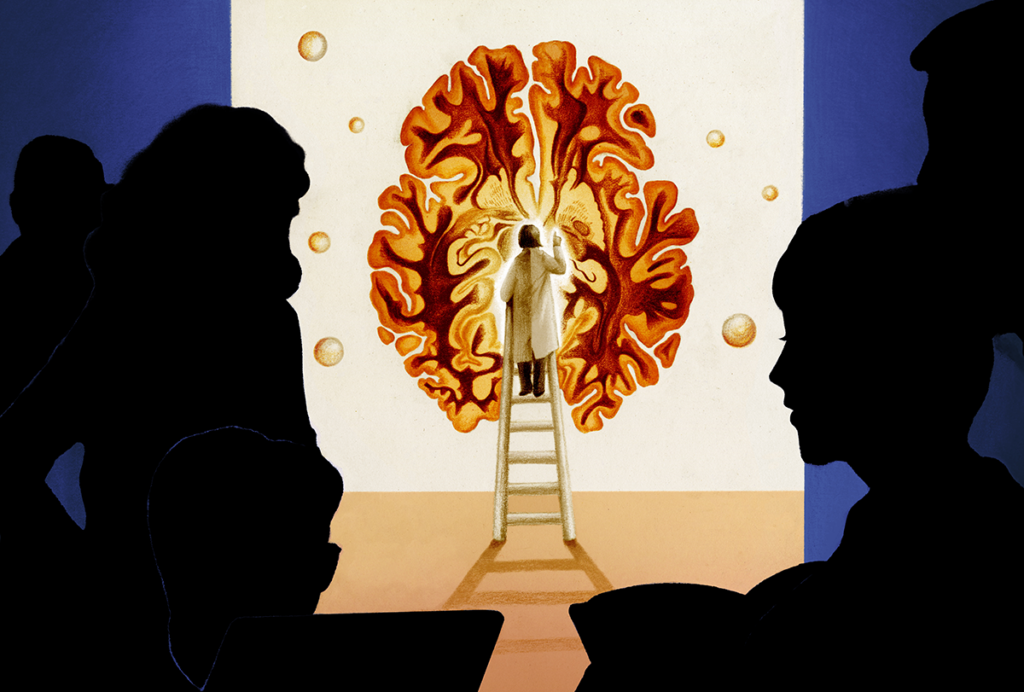
Neuroscience needs to empower early-career researchers, not fund moon shots
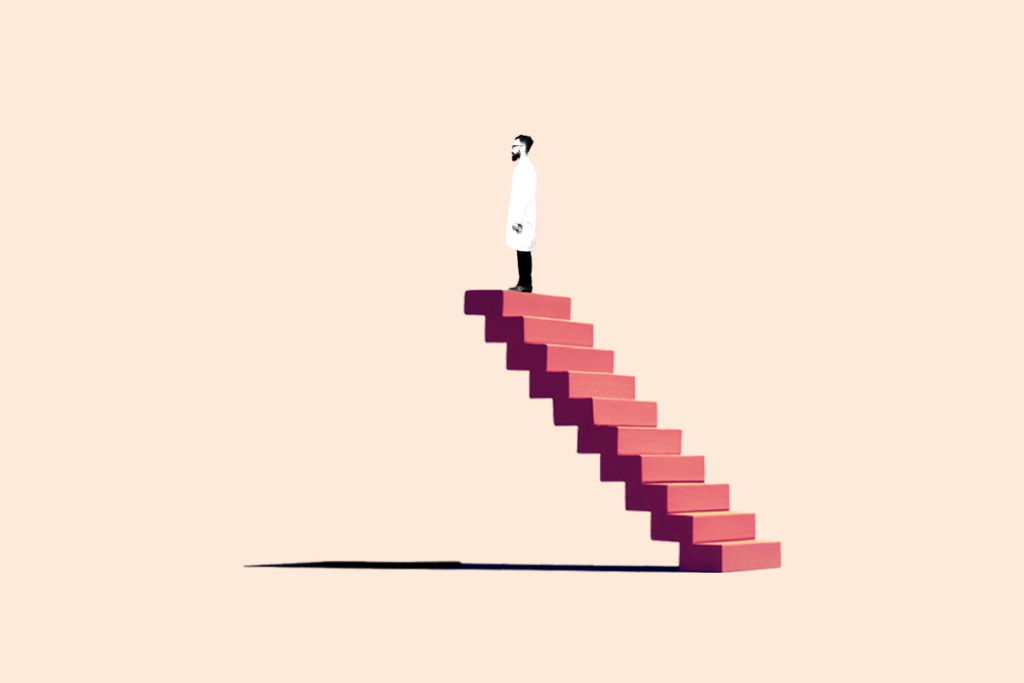
NIDA shutters diversity fellowship program, axes active awards
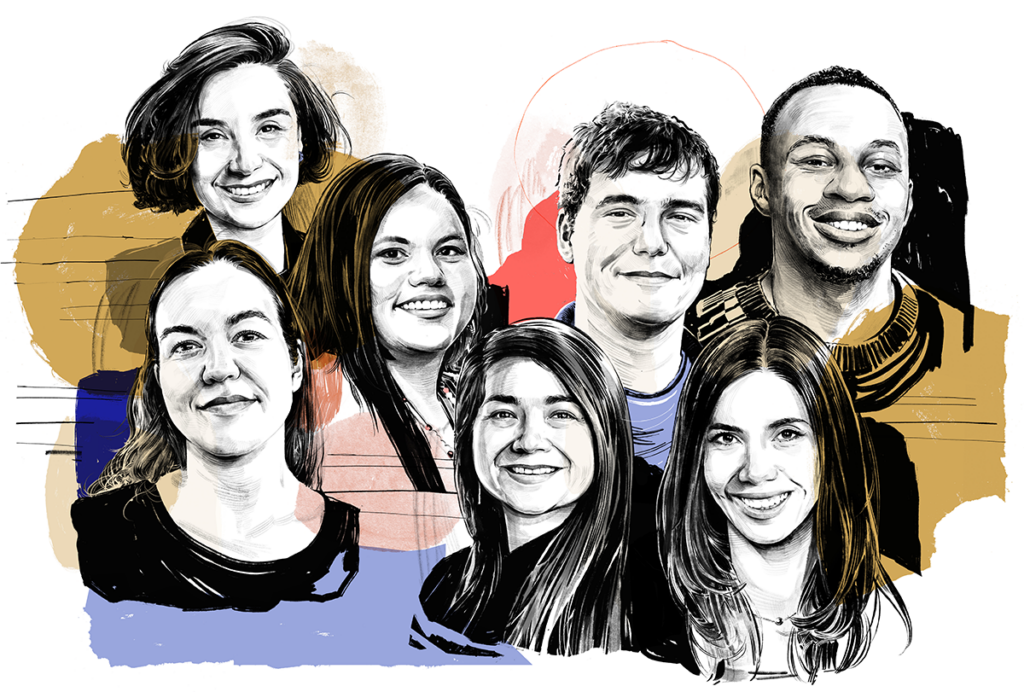
‘We still exist’: How four neuroscience advocacy groups are navigating federal DEI funding cuts

Federal funding cuts imperil next generation of autism researchers

Expediting clinical trials for profound autism: Q&A with Matthew State
Aligning Research to Impact Autism, a new initiative funded by the Sergey Brin Family Foundation, wants to bring basic science discoveries to the clinic faster.

Expediting clinical trials for profound autism: Q&A with Matthew State
Aligning Research to Impact Autism, a new initiative funded by the Sergey Brin Family Foundation, wants to bring basic science discoveries to the clinic faster.
Proposed NIH budget cut threatens ‘massive destruction of American science’
A leaked draft of a Trump administration proposal includes an approximately 40 percent cut to the National Institutes of Health’s budget and a major reorganization of its 27 institutes and centers.
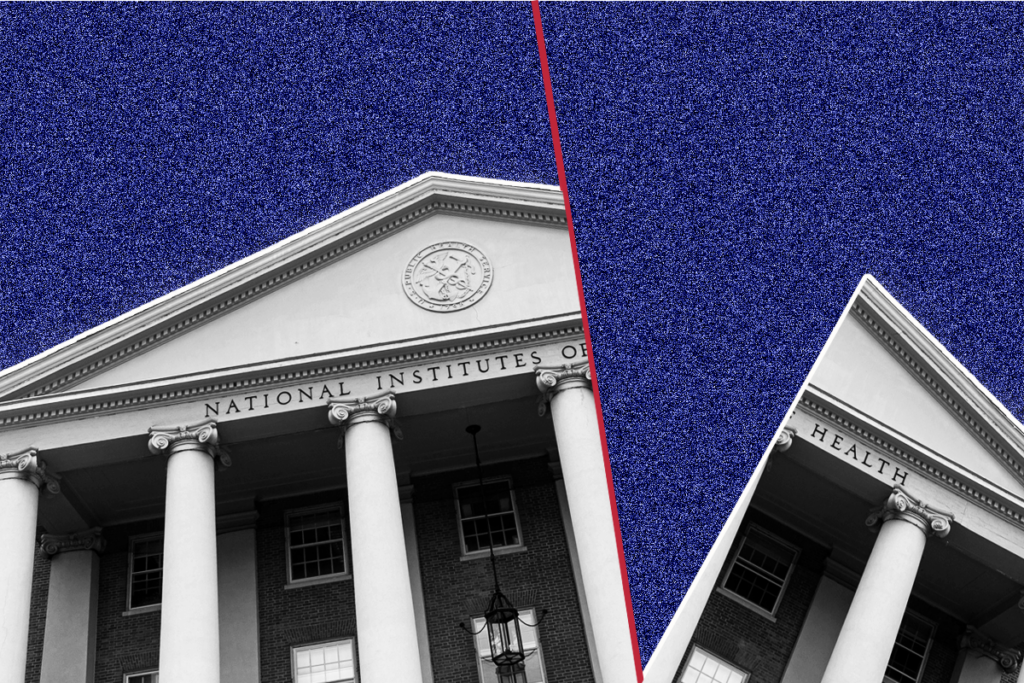
Proposed NIH budget cut threatens ‘massive destruction of American science’
A leaked draft of a Trump administration proposal includes an approximately 40 percent cut to the National Institutes of Health’s budget and a major reorganization of its 27 institutes and centers.
As federal funders desert mentorship programs for marginalized students, trainee-led initiatives fill the gap
Grassroots organizations, led by graduate students and postdoctoral researchers, are stepping up to provide neuroscience career training and guidance for students from marginalized backgrounds—and they need your support.

As federal funders desert mentorship programs for marginalized students, trainee-led initiatives fill the gap
Grassroots organizations, led by graduate students and postdoctoral researchers, are stepping up to provide neuroscience career training and guidance for students from marginalized backgrounds—and they need your support.
Exclusive: NIH nixes funds for several pre- and postdoctoral training programs
Many of the axed grants support scientists from underrepresented communities.
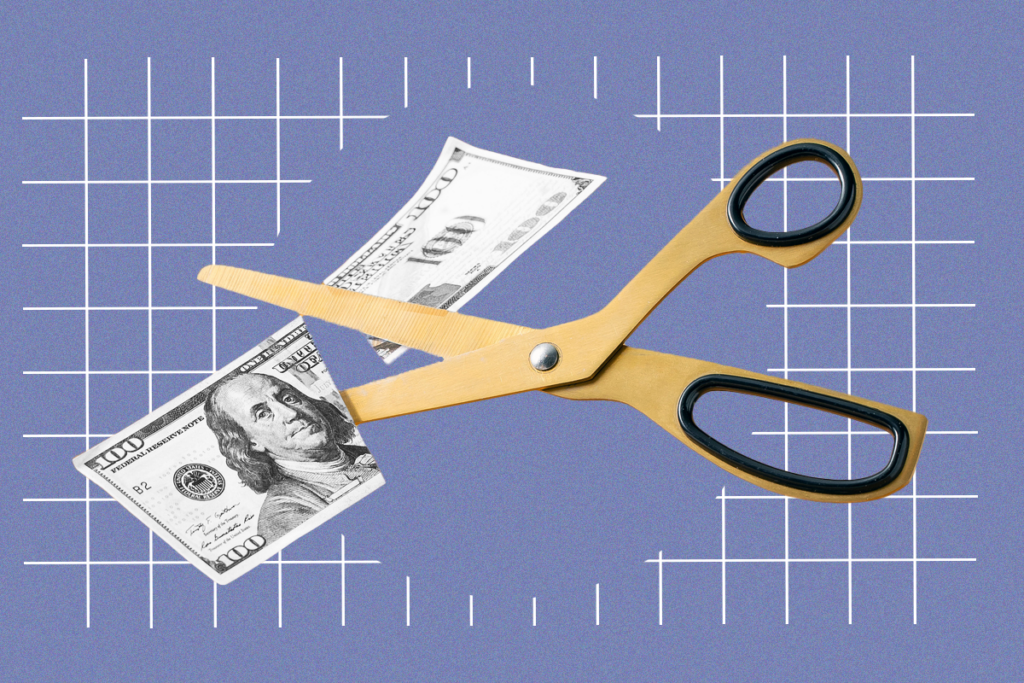
Exclusive: NIH nixes funds for several pre- and postdoctoral training programs
Many of the axed grants support scientists from underrepresented communities.
Newly awarded NIH grants for neuroscience lag 77 percent behind previous nine-year average
Since President Donald Trump took office on 20 January, the National Institute of Neurological Disease and Stroke and the National Institute of Mental Health have awarded one quarter as many new grants as during the same two-month period, on average, since 2016.

Newly awarded NIH grants for neuroscience lag 77 percent behind previous nine-year average
Since President Donald Trump took office on 20 January, the National Institute of Neurological Disease and Stroke and the National Institute of Mental Health have awarded one quarter as many new grants as during the same two-month period, on average, since 2016.
Explore more from The Transmitter
Machine learning spots neural progenitors in adult human brains
But the finding has not settled the long-standing debate over the existence and extent of neurogenesis during adulthood, says Yale University neuroscientist Juan Arellano.

Machine learning spots neural progenitors in adult human brains
But the finding has not settled the long-standing debate over the existence and extent of neurogenesis during adulthood, says Yale University neuroscientist Juan Arellano.
Xiao-Jing Wang outlines the future of theoretical neuroscience
Wang discusses why he decided the time was right for a new theoretical neuroscience textbook and how bifurcation is a key missing concept in neuroscience explanations.
Xiao-Jing Wang outlines the future of theoretical neuroscience
Wang discusses why he decided the time was right for a new theoretical neuroscience textbook and how bifurcation is a key missing concept in neuroscience explanations.
Memory study sparks debate over statistical methods
Critics of a 2024 Nature paper suggest the authors failed to address the risk of false-positive findings. The authors argue more rigorous methods can result in missed leads.

Memory study sparks debate over statistical methods
Critics of a 2024 Nature paper suggest the authors failed to address the risk of false-positive findings. The authors argue more rigorous methods can result in missed leads.

